Patriot Act expires: what does it mean for US national security?
Intelligence agencies warn of threat to counter-terrorism operations, but privacy campaigners are unconvinced
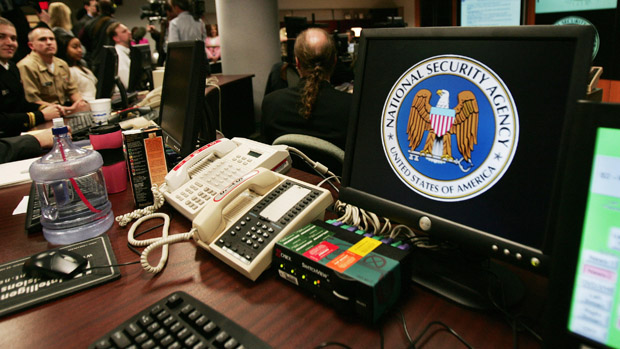
A free daily email with the biggest news stories of the day – and the best features from TheWeek.com
You are now subscribed
Your newsletter sign-up was successful
The surveillance powers of US security services have been restricted after key parts of the Patriot Act expired at midnight.
The Senate's failure to reach a deal before the deadline means that security services have temporarily lost the legal provision to collect phone records from millions of Americans, to carry out "roving wiretaps" of terror suspects and to monitor "lone wolf" suspects, reports CNN.
However, these expired provisions are likely to be replaced with new legislation known as the Freedom Act, which would allow for new forms of data collection, while limiting the National Security Agency's sweeping surveillance programme revealed by Edward Snowden in 2013.
The Week
Escape your echo chamber. Get the facts behind the news, plus analysis from multiple perspectives.

Sign up for The Week's Free Newsletters
From our morning news briefing to a weekly Good News Newsletter, get the best of The Week delivered directly to your inbox.
From our morning news briefing to a weekly Good News Newsletter, get the best of The Week delivered directly to your inbox.
The White House has described the Senate's failure to reach a deal in time as an "irresponsible" lapse. "On a matter as critical as national security, individual senators must put aside their partisan motivations and act swiftly," it said in a statement. "The American people deserve nothing less."
Its views were echoed by Director of National Intelligence James Clapper, who warned that the US "would lose entirely an important capability that helps us identify potential US based associates of foreign terrorists."
But critics remain unconvinced, with privacy campaigners arguing that a lapse in the controversial provisions would not affect the government's ability to conduct targeted investigations or combat terrorism.
"The government has numerous other tools, including administrative and grand jury subpoenas, which would enable it to gather necessary information," says the American Civil Liberties Union.
A free daily email with the biggest news stories of the day – and the best features from TheWeek.com
The expiration of surveillance authority represents a "profound shift" in American attitudes since 9/11, when counter terrorism and national security topped the agenda for both parties, says The New York Times.
"[Now], a swell of privacy concerns stemming from both the vast expansion of communication systems and an increasing distrust of government’s use of data has turned those concerns on their head," says the newspaper.
Meanwhile, the British government is coming under pressure to limit police access to private phone and email records after an increase in requests was revealed, The Guardian reports.
A report by privacy campaigners at Big Brother Watch revealed that police officers were making requests to access private communication records every two minutes and applications were being approved in 93 per cent of cases.
-
 What are the best investments for beginners?
What are the best investments for beginners?The Explainer Stocks and ETFs and bonds, oh my
-
 What to know before filing your own taxes for the first time
What to know before filing your own taxes for the first timethe explainer Tackle this financial milestone with confidence
-
 The biggest box office flops of the 21st century
The biggest box office flops of the 21st centuryin depth Unnecessary remakes and turgid, expensive CGI-fests highlight this list of these most notorious box-office losers
-
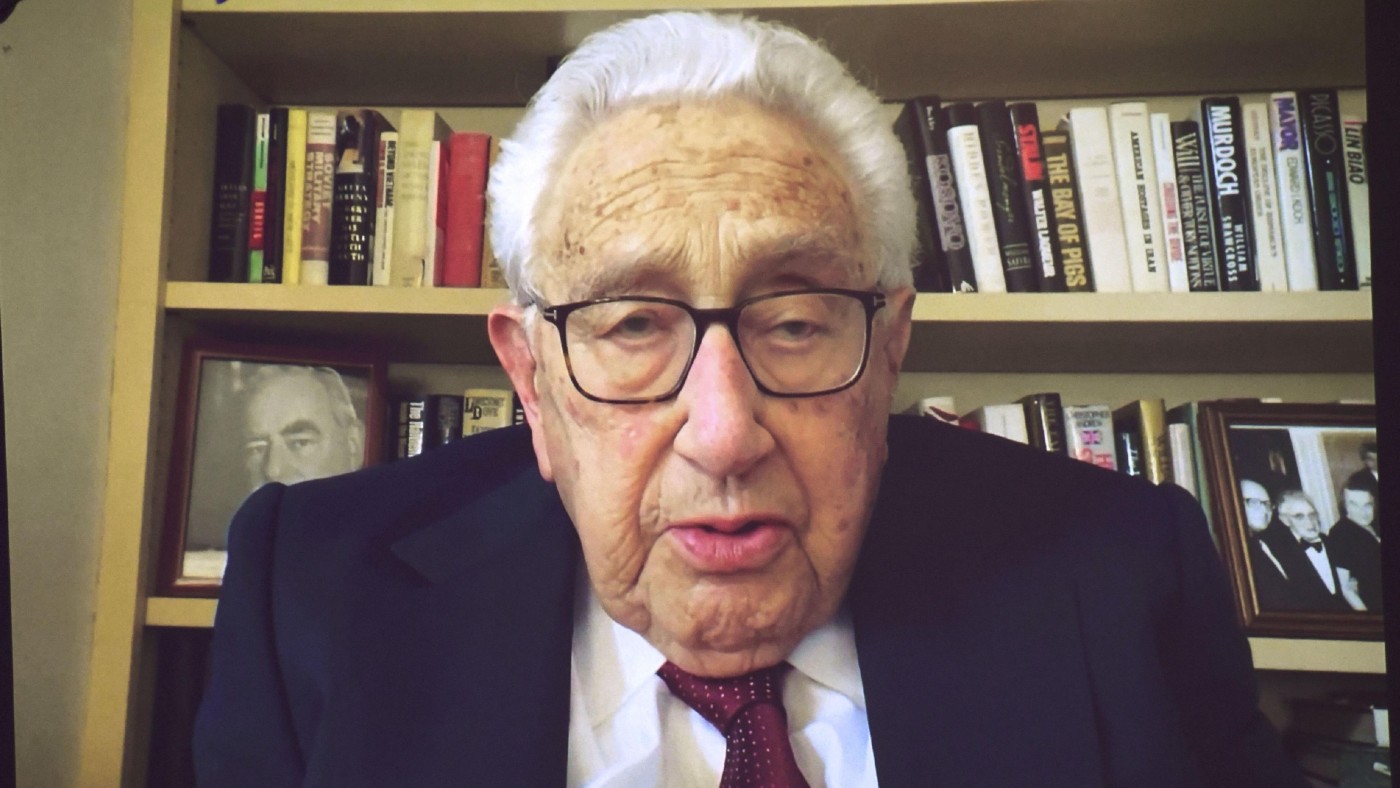 Is Henry Kissinger right about Ukraine?
Is Henry Kissinger right about Ukraine?Speed Read The US statesman made a controversial speech at a virtual Davos appearance last week
-
 Volodymyr Zelenskyy refused evacuation as Russian hitmen ‘parachuted’ into Kyiv
Volodymyr Zelenskyy refused evacuation as Russian hitmen ‘parachuted’ into KyivSpeed Read Ukrainian president turned down opportunity to leave capital despite threat to life, adviser claims
-
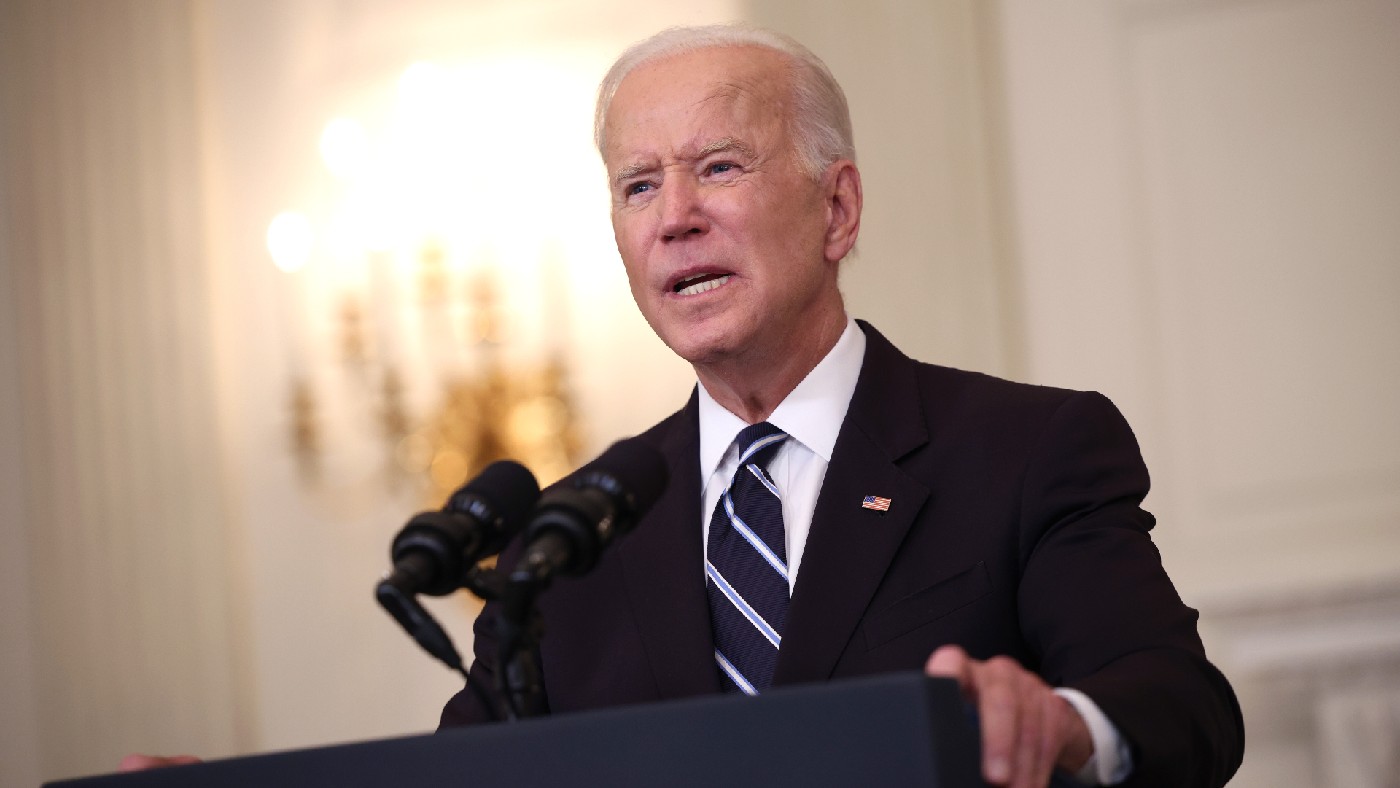 America’s withdrawal from Afghanistan: a retreat into isolationism?
America’s withdrawal from Afghanistan: a retreat into isolationism?Speed Read ‘In his selfish unilateralism’, Biden is no better than Trump, said The Daily Telegraph
-
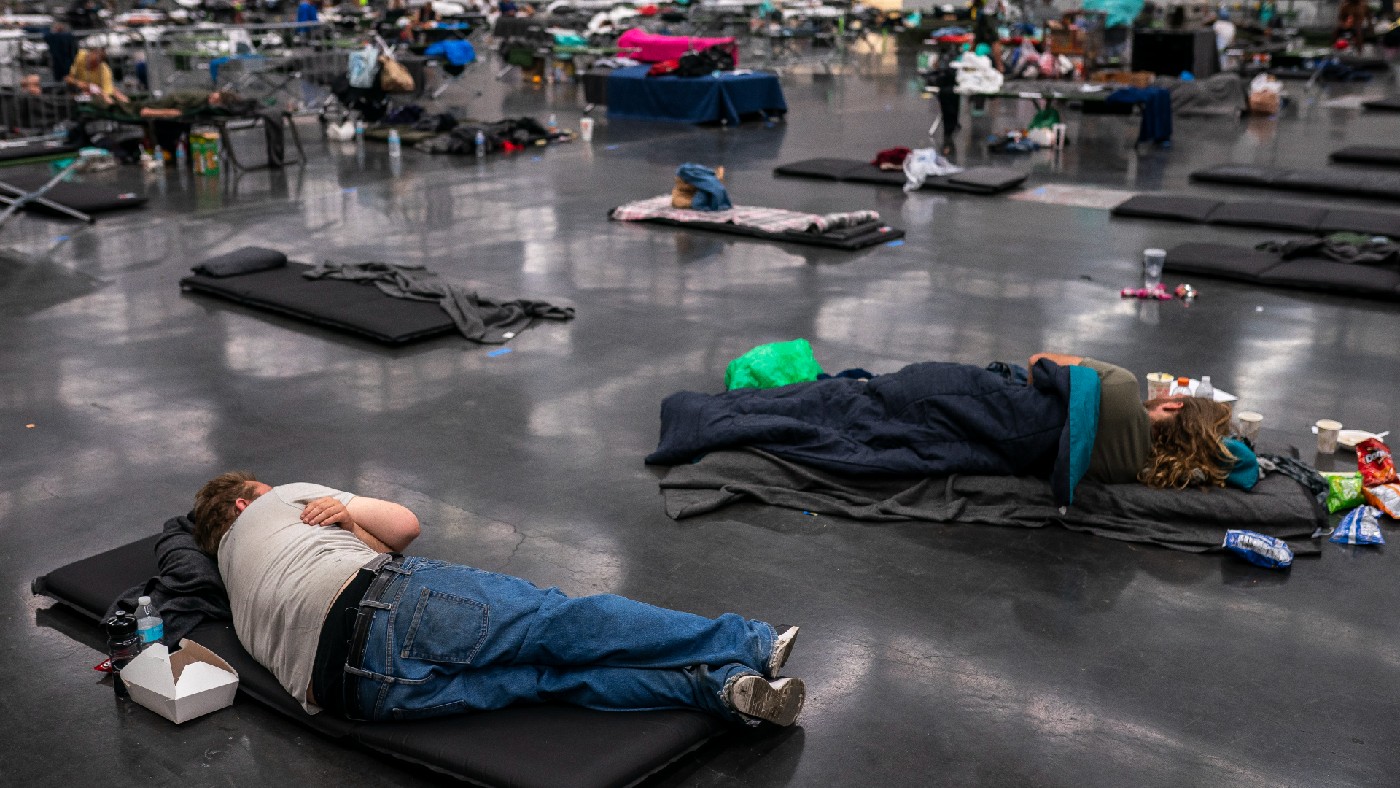 The ‘heat dome’: blistering temperatures in the Pacific Northwest should act as a wake-up call
The ‘heat dome’: blistering temperatures in the Pacific Northwest should act as a wake-up callSpeed Read People are used to hearing of record-high temperatures in desert states such as Nevada or Arizona, but not in verdant Washington and Oregon
-
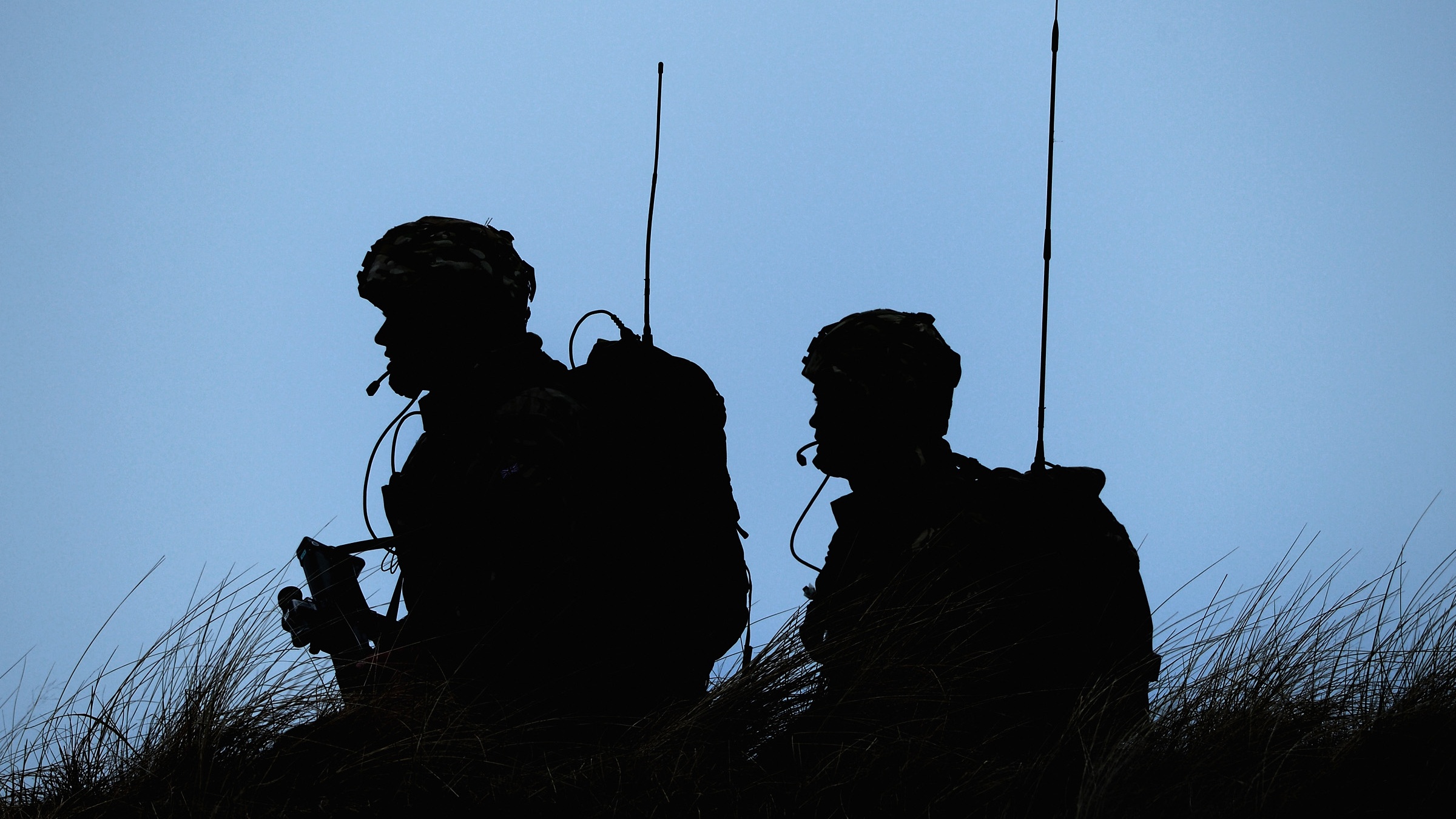 Royal Marines ready to ‘disrupt and confuse’ enemies
Royal Marines ready to ‘disrupt and confuse’ enemiesSpeed Read Military chief says operating in area between peace and war could prevent all-out conflict
-
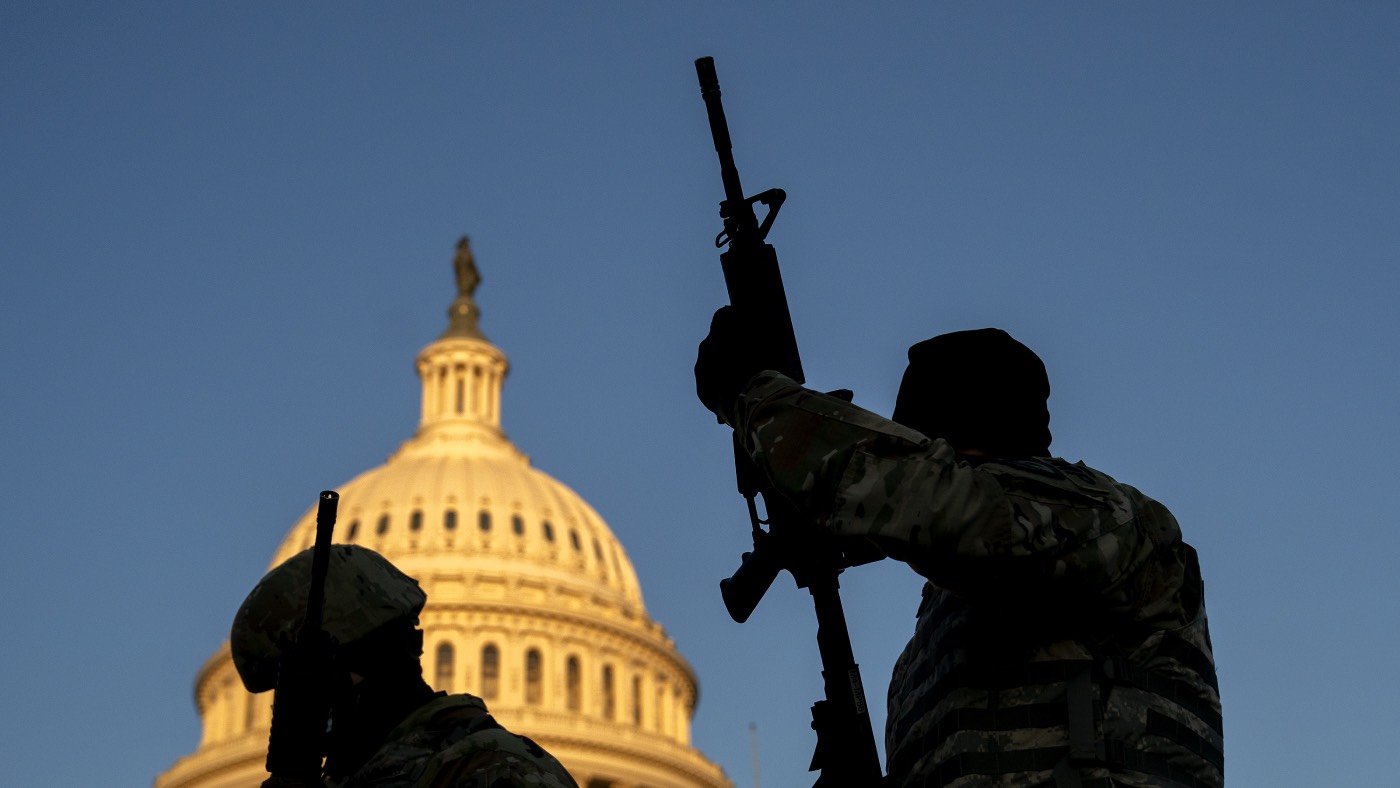 US Secret Service screening inauguration troops for riot sympathisers
US Secret Service screening inauguration troops for riot sympathisersSpeed Read National Guard members under investigation as mob member claims GOP lawmakers aided Capitol siege
-
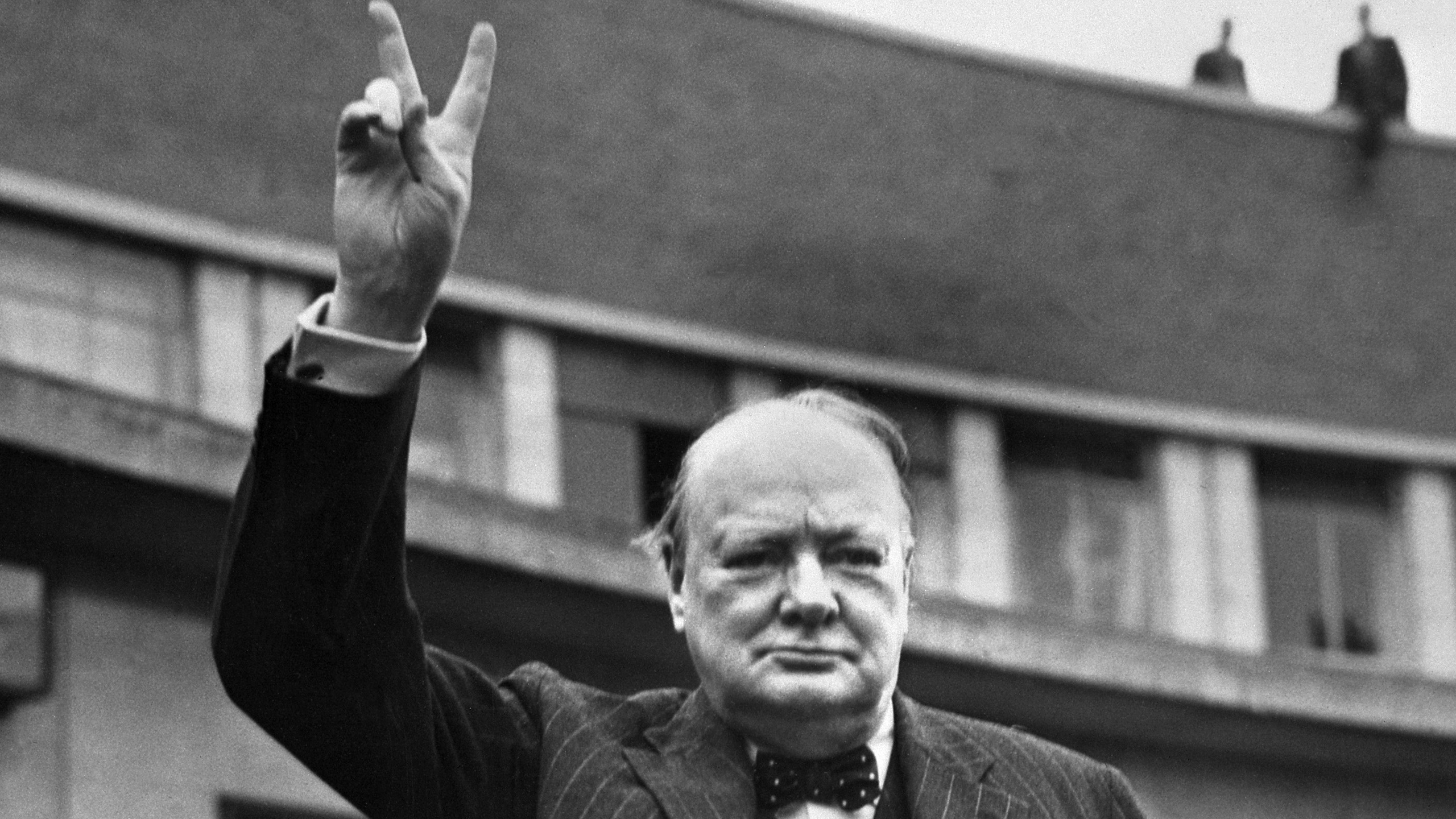 Plea for public to help find secret Second World War bunkers
Plea for public to help find secret Second World War bunkersSpeed Read Hundreds of ‘Scallywag’ underground hideouts lie undiscovered in British countryside
-
 GCHQ unveils annual Christmas card puzzle - can you solve it?
GCHQ unveils annual Christmas card puzzle - can you solve it?Speed Read Spy agency challenges ‘wise men and women’ to take on bauble brainteaser